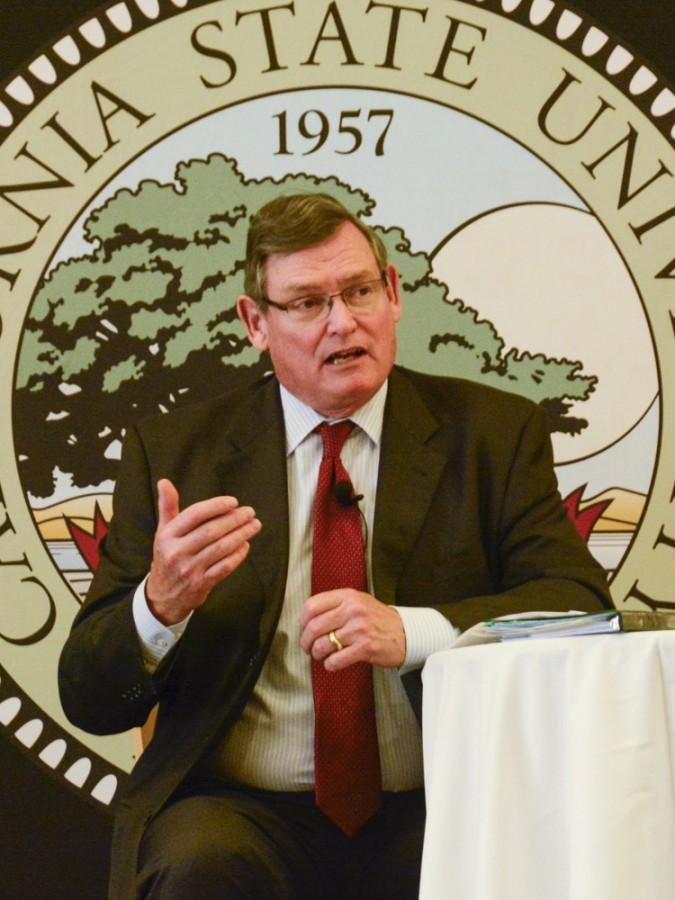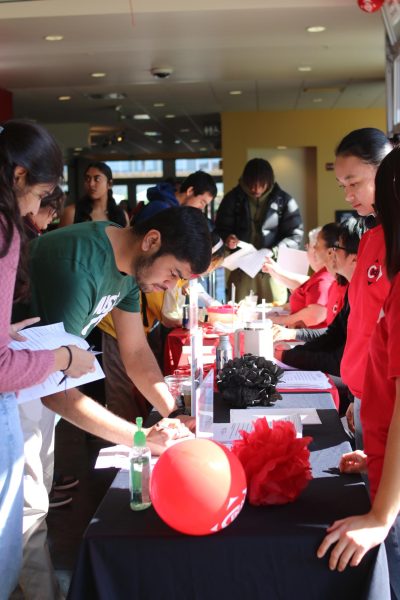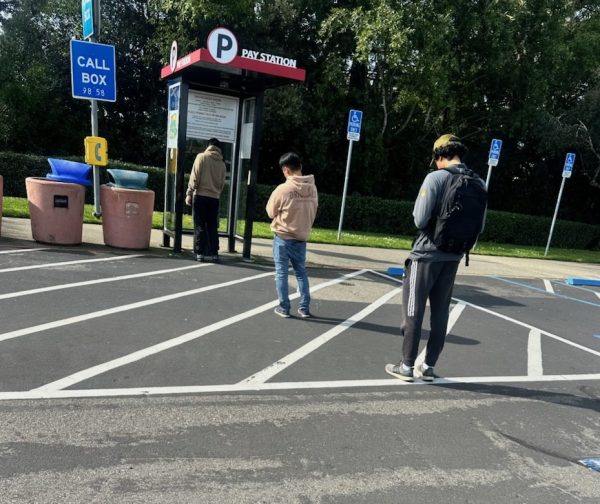CSU system to protect undocumented students
The California State University system reaffirmed its stance against President Donald Trump’s deportation policies in a statement issued by CSU Chancellor Timothy P. White to the campus community on Feb. 22.
White said the CSU system will not enforce federal immigration executive orders, unless required by law, a position White has held since Nov. 2016. The University Police Department will not work with local, state or federal officials to detain, question or arrest students who are — or are suspected to be — undocumented, according to White.
Trump’s immigration policy particularly affects CSUEB, which in the Chronicle of Higher Education’s 2015 Almanac ranked the most diverse college in the state and fifth in the nation.
Not all undocumented students are protected under the Deferred Action for Childhood Arrivals, a policy initiated by the Obama administration in 2012 that protects immigrants who came to the U.S. as children from deportation for two years — with the possibility of renewal — according to the U.S. Department of Homeland Security.
On Feb. 21, Department of Homeland Security press secretary John Kelly released two memos that gave the department’s workforce directions to implement the executive order “Border Security and Immigration Enforcement Improvements,” which was issued on Jan. 25, according to the Department of Homeland Security.
Immigrants who enter the U.S. illegally from Mexico present a threat to national security and public safety, according to the White House Office of the Press Secretary website. The order aims to deport undocumented immigrants to Mexico and secure the U.S.’s southern border.
Trump’s stance on immigration became a major talking point throughout his campaign after he promised to build a border wall between the U.S. and Mexico when he announced his candidacy on June 16, 2015, according to Politifact.
White advised students, staff and faculty who are approached by officials asking for proof of documentation, to connect with the UPD, which will work with the Office of General Counsel to provide legal services to students.
White assured students across the 23-campus CSU system that the memos released by Kelly don’t affect students protected under DACA. The 23 CSU presidents have joined to ensure that the DACA program remains “intact and unchanged,” according to a November statement by East Bay President Leroy M. Morishita to the campus community.
Morishita also condemned reports of xenophobic and racist incidents on campus as “unacceptable,” and “against the very core upon which this university community prides itself.” Morishita did not identify East Bay as a “sanctuary campus” and warned that such a designation could result in the loss of federal student aid and research grants.
However, this executive order isn’t the only one to elicit a response from CSU leaders. On Jan. 30, White and all 23 CSU campus presidents, including Morishita, issued a statement to the campus community that clarified their opposition of the executive order that banned immigration between the U.S. and seven Muslim countries.
There are 23 students from these countries currently studying at Cal State East Bay with student visas, according to CSUEB Executive Director of International Programs, Raymond P. Wallace.
East Bay offers various programs for immigrant students, such as AB 540, a program that allows qualifying undocumented students to pay in-state tuition instead of out-of-state, with or without citizenship papers, according to the AB 540 Ally Training Project, Inc. website, a subsidiary of the California Wellness Foundation.
The CSU system is the largest four-year public university system in the country, according to Cal State Online, the official website of the CSU system. In a November article, White told Time Magazine that at least 10,000 students of the 474,000 who attend CSU’s are undocumented.












